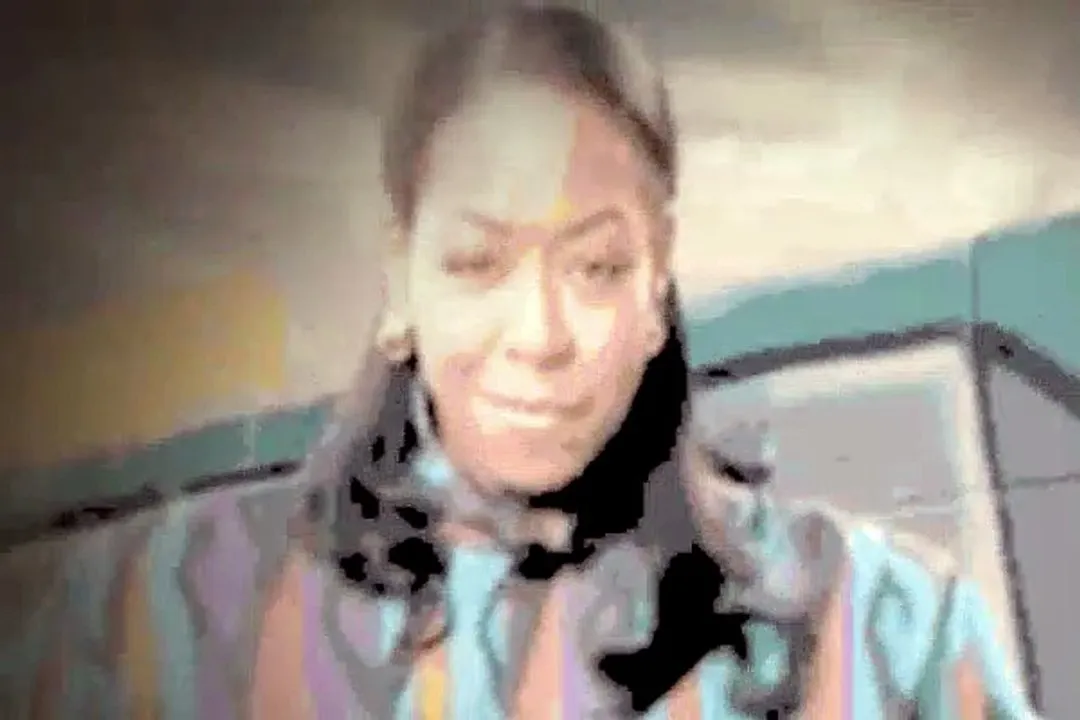Why Everybody Hates Chris: The Show That Still Sparks Controversy in 2025
In the ever-evolving landscape of television comedy, few shows have maintained the cultural relevance and impact of “Everybody Hates Chris” quite like this groundbreaking series. Twenty years after its original run, the show continues to captivate audiences and provoke meaningful conversations about race, identity, and family dynamics in America.
The journey of this iconic sitcom has taken an unexpected turn with the recent premiere of “Everybody Still Hates Chris”, an animated revival that breathes new life into the beloved franchise. Launched on September 25, 2024, the animated series has reignited interest in the original show’s powerful storytelling and social commentary.
A Legacy Rooted in Authenticity
Based loosely on comedian Chris Rock’s childhood experiences in Bedford-Stuyvesant, Brooklyn, the show has always been more than just a comedy. It’s a nuanced exploration of:
- Racial challenges
- Socioeconomic struggles
- Family resilience
- Community support
“Sometimes the most powerful stories come from the most unexpected places,” says series creator Chris Rock.
The original series, which aired from 2005 to 2009, tackled sensitive topics with a unique blend of humor and poignancy. Its ability to address systemic issues like educational inequality and neighborhood dynamics set it apart from typical sitcoms of its time.
Continuing Relevance in 2025
What makes “Everybody Hates Chris” particularly remarkable is its enduring relevance. The animated reboot has successfully translated the show’s core themes to a new generation, proving that the struggles depicted two decades ago remain critically important today.
The series continues to spark discussions about:
– Racism and discrimination
– Family dynamics
– Economic challenges faced by marginalized communities
Cultural Impact and Representation
Representation matters, and this show has been a beacon of authentic Black storytelling. By portraying complex characters with depth and nuance, “Everybody Hates Chris” challenged stereotypical narratives and provided a refreshing perspective on Black family life.
Critical Acclaim and Ongoing Influence
Despite its provocative title, the show has received widespread critical acclaim. It has been recognized for its:
– Groundbreaking storytelling
– Authentic character development
– Powerful social commentary
The animated revival has attracted both nostalgic fans and a new generation of viewers, demonstrating the show’s timeless appeal.
Controversial Moments and Ongoing Dialogue
Not without its controversies, the series has consistently pushed boundaries. Certain episodes have sparked intense debates about race, class, and societal expectations, proving that comedy can be a powerful tool for social discourse.
The Personal Touch
Chris Rock’s personal experiences form the backbone of the show’s narrative. By drawing from his own childhood, he created a series that feels simultaneously specific and universal.
Looking Forward
As we move further into 2025, “Everybody Hates Chris” remains a critical piece of cultural commentary. Its animated reboot ensures that the show’s important messages continue to reach new audiences, challenging viewers to think critically about social issues.
Conclusion
More than just a comedy, “Everybody Hates Chris” is a cultural touchstone that continues to resonate with audiences. Its ability to blend humor, heart, and hard-hitting social commentary ensures its place in the pantheon of groundbreaking television.
The story continues, one animated frame at a time.






Leave a Comment